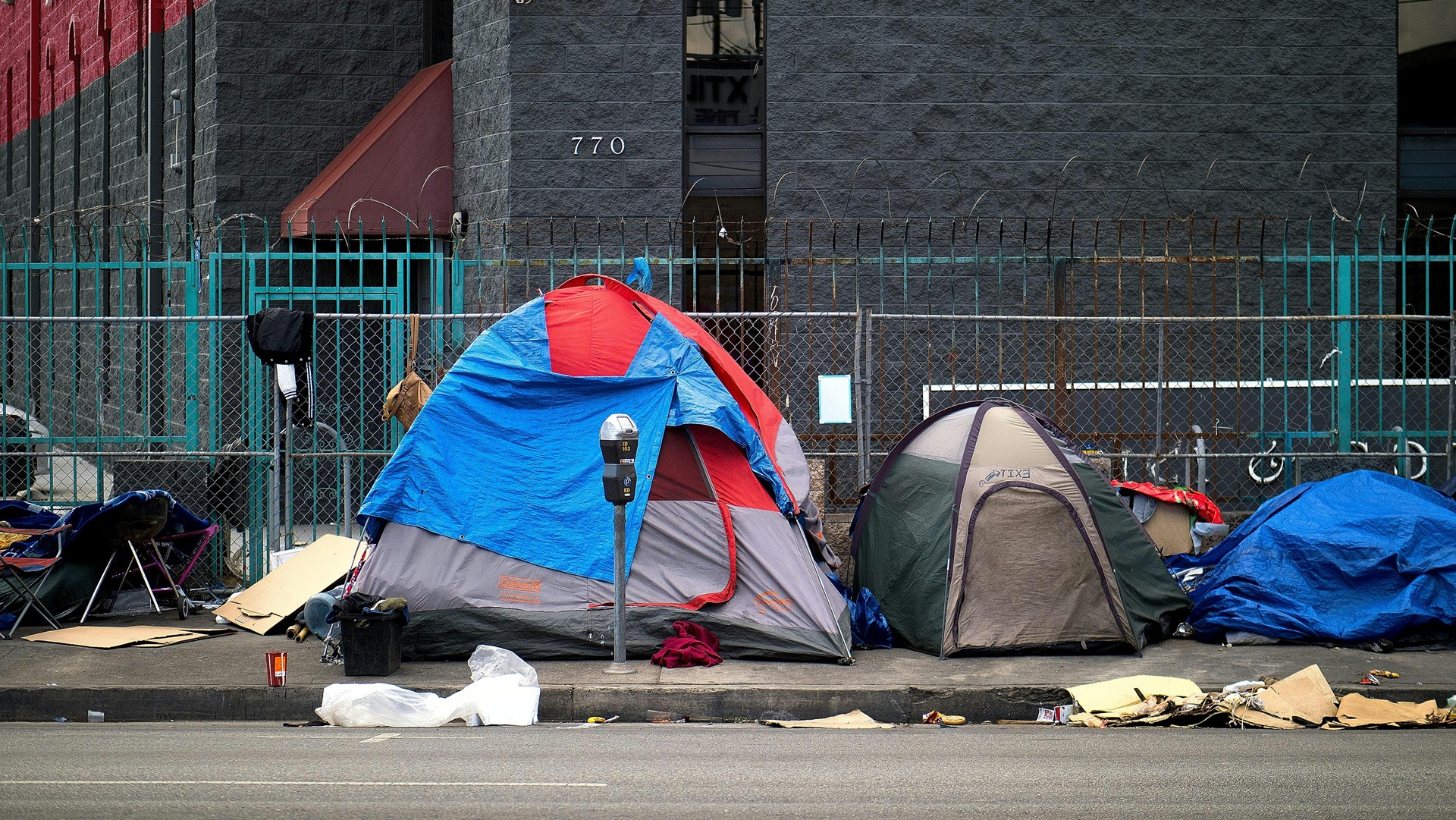World Homeless Day, marked annually on 10 October, is an opportunity to reflect on efforts to alleviate homelessness and propose policy and funding changes that are needed to end homelessness for good. Despite observing this day earlier this week, the needs of the homeless population continue to go largely unmet, with government policy actually exacerbating the problem.
For example, the government’s recent reduction of the move-on period for newly recognised refugees, giving them just 28 days to find alternative accommodation, will only add to the rising homeless figures and the relentless strain on local homeless services. This decision is a painful example of the government’s lack of understanding of the routes into homelessness and the direct impact homelessness has on already overstretched local services.
The government acknowledges that people experiencing homelessness are some of the most vulnerable members of British society. This is starkly demonstrated in health statistics: the average life expectancy of a man experiencing homelessness is 45 years and for a woman it is just 43. A staggering number of the homeless population suffer with long-term health issues, including mental health. Due to barriers in accessing healthcare, over half of the homeless population with mental health conditions self-medicate. In addition to enduring homelessness, two-thirds of the homeless population experience more than one health issue, which in itself makes it more challenging for them to receive the specialist support needed. This principle, known as severe multiple disadvantage, highlights how the current systems fail those most vulnerable and why specialist, targeted support must be properly funded to end homelessness.
Read more:
- Alison McGovern: ‘Homelessness crisis is a reminder of how politics can fail people. It cannot continue’
- First minister John Swinney: ‘We must ensure that every child in Scotland has a good place to live’
- One mum’s months-long ordeal to find out how her son died in a homeless hostel: ‘I need answers’
Data from the Combined Homelessness and Information Network shows that 53% of rough sleepers seen in 2024-25 fiscal year are not British. Consequently, a significant proportion of the rough sleeping population are unlikely to even have the right to work, rent, or access mainstream support – all vital steps for rebuilding stability. In other words, they face yet another barrier to ending their homelessness: regularising their immigration status.
Homelessness often presents a serious obstacle to resolving a person’s immigration issue – a barrier that often is insurmountable without good legal representation. Within Refugee and Migrant Forum Of Essex and London’s (RAMFEL) rough sleeping projects, the most common immigration applications we submit are based on a person’s private life length of residence in the UK or under the EU Settlement Scheme. Both require considerable evidence of the person’s continuous residence in the UK. However, long periods of homelessness, coupled with the “hostile environment” preventing undocumented people from accessing most state services, makes it difficult to provide so-called “official evidence” to meet the government’s strict evidentiary rules. The government, therefore, on one hand denies undocumented people access to state services, but then insists they prove they have engaged with state services in order to regularise their immigration status.









